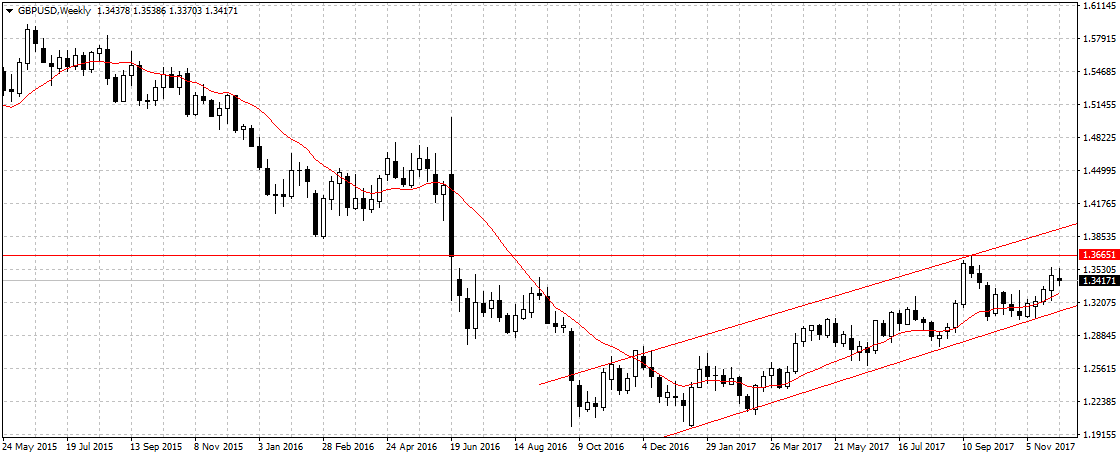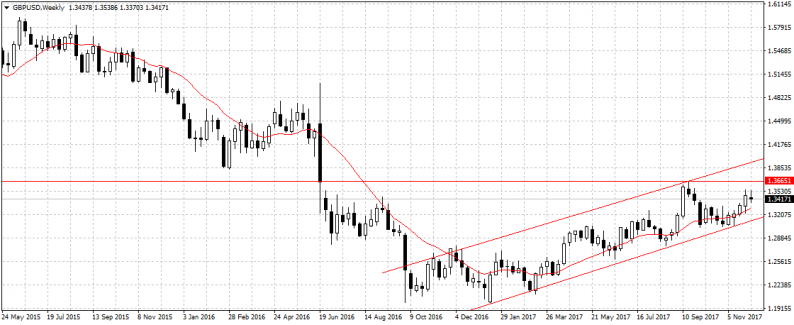The U.K. largest sector, services sector, slowed in November amid rising price pressures, the IHS Markit reported on Tuesday.
The services Purchasing Managers Index contracted from 55.6 in October to 53.8 in November. This was below the 55 predicted by most economists and suggests economic uncertainties continued to impact business activities in the month.
While the economy is expected to expand at 0.5 percent in the final quarter of 2017, pound depreciation following the Brexit referendum and high oil prices are weighing on business sentiment, according to Markit. Meaning, higher costs are likely to impact consumer spending going forward, especially now that service providers are passing cost difference on food, fuel, imports and salaries to consumers.
However, Chris Williamson, chief business economist at IHS Markit said: “The survey data suggest that inflationary pressures have yet to peak.” Because the “Uncertainty about the economic outlook, linked commonly to Brexit worries, continued to permeate the business mood in November.”
In November, the Bank of England raised benchmark rates for the first time in over a decade, citing weak economic outlook and rising inflation rate amid Brexit uncertainties. According to the apex bank, economic growth between 2018 and 2019 will depend on Brexit negotiation outcome. Therefore, further rate hike will be gradual and limited.
Also, while the U.K. construction sector expanded faster than expected in November and the services sector sustained growth, the pound sterling plunged across the board due to the failure of Prime Minister Theresa May to reach an agreement with the European Union on Monday in Brussels.

The pound dipped against the US dollar to $1.3417.













Leave A Comment